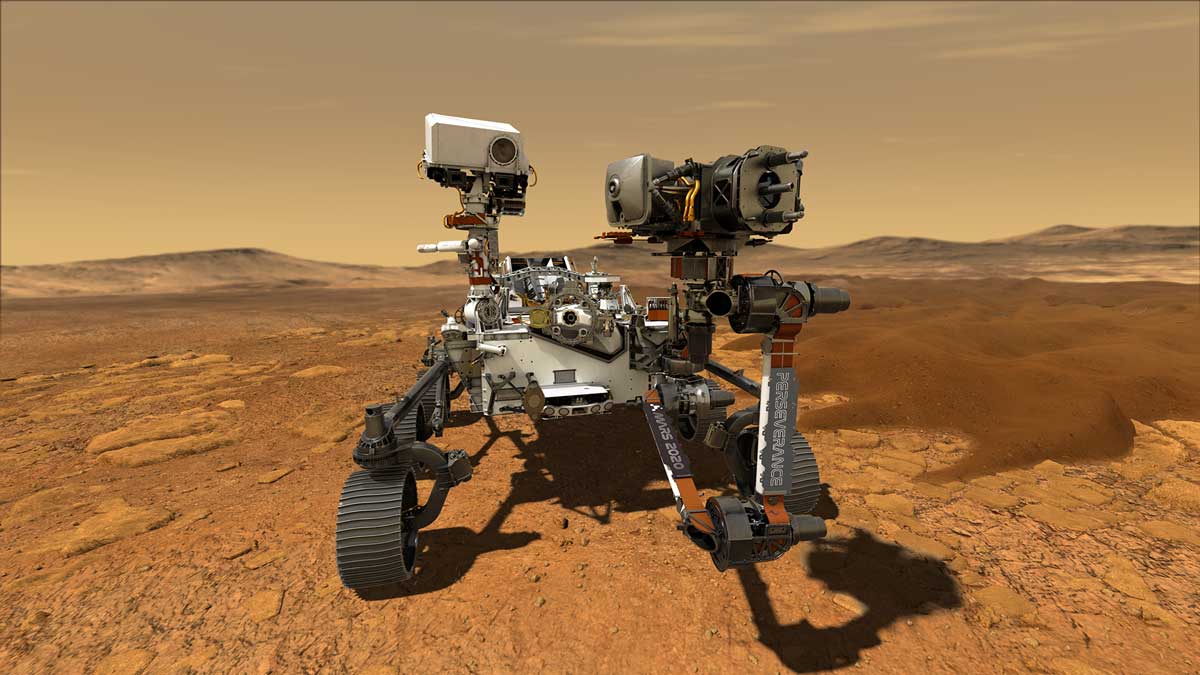Technological Innovations in Space Exploration
Space exploration continues to advance rapidly, with several recent technological innovations making significant impacts. Here are some key developments:
Lunar Discoveries and Missions:
Lunar South Pole Exploration: Recent missions to the lunar south pole have uncovered vast craters, some deeper than the Grand Canyon. These discoveries are crucial for understanding the moon’s history and identifying potential resources like water ice, which could support future lunar colonies. Countries such as India and Russia are focusing on this region as a potential site for establishing long-term bases, marking a new phase in lunar exploration.

Advances in Astronomical Imaging:
James Webb Space Telescope (JWST): The JWST has provided unprecedented views of the cosmos, revealing the formation of new stars and the detailed structure of distant galaxies. Its advanced infrared capabilities allow it to see through cosmic dust, offering insights into previously hidden aspects of the universe. This has opened new avenues for research in cosmology, particularly in understanding the early stages of galaxy formation.

Reusable Rockets:
SpaceX’s Starship: SpaceX is pioneering the development of fully reusable rockets with its Starship program. Starship is designed to reduce the cost of space travel dramatically and make missions to Mars and beyond feasible. Its reusability is a significant innovation in space travel, enabling more frequent and cost-effective missions.
Robotic Spacecraft:
NASA’s Perseverance Rover: Launched to Mars in 2020, Perseverance is equipped with advanced technology to explore the Martian surface, including a system to produce oxygen from the Martian atmosphere. This innovation is a critical step toward enabling human exploration of Mars, as it could support life and fuel production on the Red Planet.

Satellite Mega-Constellations:
Starlink: SpaceX’s Starlink project is deploying a mega-constellation of small satellites to provide global high-speed internet. This network of satellites represents a significant innovation in global communications, with potential applications ranging from providing internet to remote areas to enhancing global navigation systems.

Conclusion:
the rapid advancements in space exploration technology are reshaping our understanding of the cosmos and expanding the frontiers of human capabilities